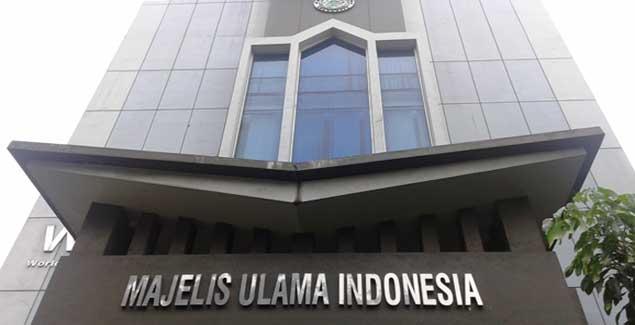Religious authority within the Indonesian Muslim community, traditionally held by scholars of Islam and religious boarding schools, has seemingly been disrupted by the decentralizing forces of modernization, globalization, as well as the development of communications and the information media. Such forces have facilitated the rise and influence of divergent sources of authority, such as celebrity preachers reaching audiences via television or even YouTube. In “The Fragmentation of Religious Authority in Provincial Towns in Indonesia: The Case of the MUI (Indonesian Muslim Scholar Council) in Pekanbaru and Pontianak,” published in volume 24.2 of MANUSYA, Imron Rosidi, Yasril Yazid, and Amril examine this dynamic through the illustrative case of the Indonesian Muslim Scholar Council (Majelis Ulama Indonesia; MUI), whose religious authority has been undermined by members’ preferenced associations and identification with other organizations, themselves holding varied motivations within this fragmented landscape.

Source: http://www.pubinfo.id/beritapub–mui-pekanbaru-perjuangkan-perda-syariat-islam-tidak-dihapuskan.html
To gain insight into this phenomenon, the authors observed and interviewed participants from Pekanbaru and Pontianak, two cities similar in multiple respects, including the heterogeneity of their populations as well as their connections to the global world, yet different with regard to the exact make up of their populations and the visibility of Islamic practice in the city. Through the lens of Anthony Giddens’ concept of human agency as an inherently present motivating factor within any organizational structure, the authors contend that the MUI must be a reflection of the respective wills of its members. This concept informs the collection and analysis of data collected within the course of this study.
Between these two cities, the researchers uncovered unique challenges with regard to religious authority faced by their MUIs. For the Pontianak MUI, both external and internal problems contribute to the fragmentation of its authority. Namely, they do not receive funding from the local government (though the latter does fund other, competing organizations), a fact that leaves them without a stable location from which to conduct activities. In turn, the organization is ‘demoralized’, in the words of one participant. Another, related issue arises from the MUI’s status as an umbrella organization: Representatives to this branch of the MUI prioritize their membership within other Islamic organizations and, by extension, the objectives of these organizations. Therefore, the structure is relegated to a more minor role in comparison to the agencies of its members. The overall effect is to prevent a single, prominent figure from emerging, which then exacerbates the aforementioned issue in that, as a result, there is no one to advocate for the Pontianak MUI within the local government.
In contrast those of the MUI of Pontianak, members of the Pekanbaru MUI hold greater individual religious authority as a reflection of the approaches of the other organizations to which they belong. Here, they largely rest their authority within the symbol of ‘ustadz’ rather than that of ‘kiyai’ as the former is easier to obtain and still allows them to disseminate their preaching. As a result, the MUI of this city includes more prominent, well-known figures who, in turn, have formed closer ties with the local government, thereby securing better funding than their counterparts in Pontianak. Closer ties with and greater accountability to the state, however, has not eliminated fragmentation of authority within its ranks, as it faces challenges from not only within, but without.
In sum, religious authority in Indonesia is non-monolithic due to fragmentation caused by the agencies of its leaders. Members of the MUI, as members of other, additional organizations, pursue their individual objectives at the expense of the umbrella organization’s centralized authority. However, this fragmentation can temporarily be suspended in response to outside threats to the religion and its followers, a sentiment expressed by participants in both cities.
Phuris Chirapornchai